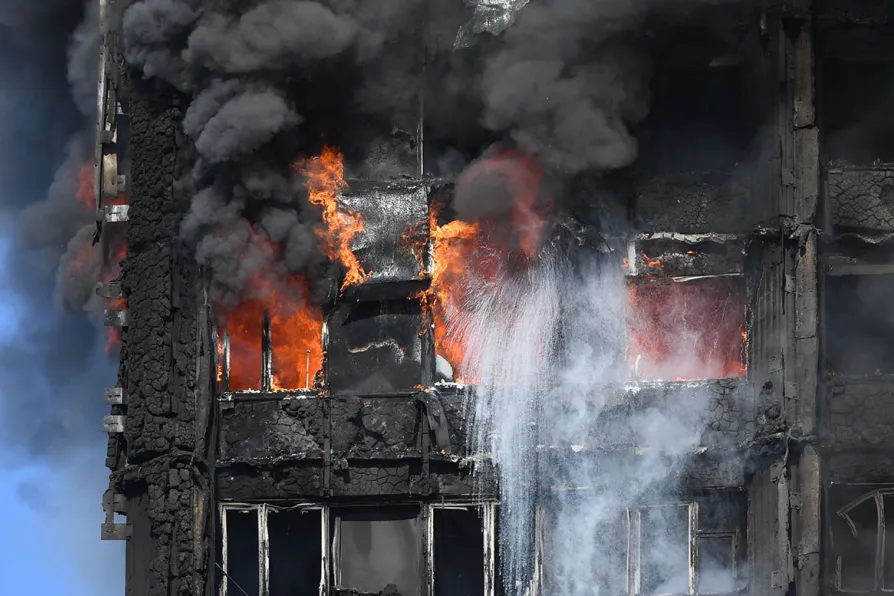Grenfell culprits must face justice ‘with no corporate or state veil to hide behind’, campaigners demand
Inquiry finds fire the result of ‘decades of failure’ by the government and construction industry

 Smoke billows from a fire that engulfed the 24-storey Grenfell Tower in west London, July 14, 2017
Smoke billows from a fire that engulfed the 24-storey Grenfell Tower in west London, July 14, 2017
CULPRITS behind the Grenfell fire should face justice with no corporate or state veil to hide behind, campaigners demanded today.
It came as the final report of the inquiry into the tragedy found that incompetence, dishonesty and greed led to 72 “avoidable” deaths in the fire seven years ago.
The inquiry found that the fire was the result of “decades of failure” by the government and the construction industry to address the risks of combustible materials in high-rise buildings.
More from this author

Jewish campaigners condemn Starmer’s claim that demonstrations against genocide are 'un-British'
















